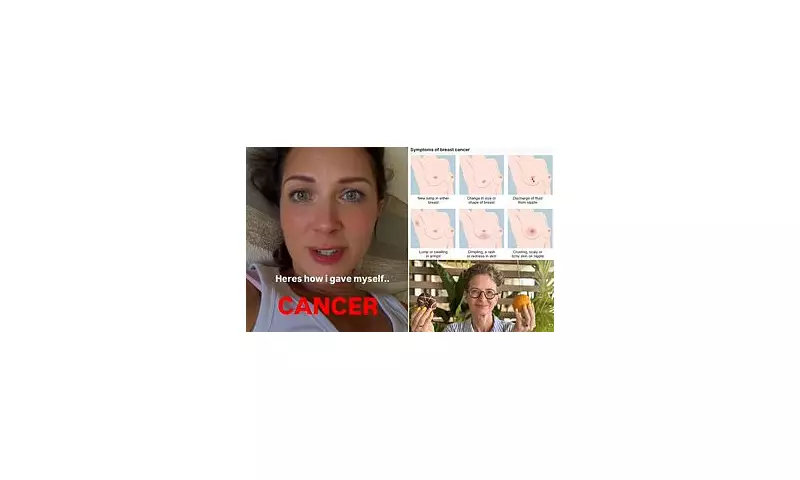
A wellness influencer has made startling claims that her breast cancer diagnosis was triggered by prolonged mobile phone use and chronic sleep deprivation. The controversial statement has ignited debate among medical professionals and the public alike.
The Influencer's Controversial Claims
The social media personality, who built her following on holistic health advice, recently revealed her cancer diagnosis while pointing to electromagnetic radiation from devices and accumulated stress as potential causes. "Years of sleeping with my phone nearby and constant digital overload created the perfect storm," she stated in an emotional post.
Medical Experts Respond
Oncologists have been quick to respond to these claims. Dr. Sarah Wilkinson from Cancer Research UK commented: "While we understand patients searching for answers, there's currently no credible evidence linking mobile phone use to breast cancer development. The known risk factors remain genetic predisposition, hormonal influences and lifestyle factors like alcohol consumption."
The Sleep-Cancer Connection
Sleep specialists acknowledge there may be some indirect links worth noting. Chronic sleep deprivation can weaken immune function, and some studies suggest night shift workers show slightly higher cancer rates. However, Professor James Harrison of the British Sleep Society cautions: "Correlation doesn't equal causation. We must be careful about drawing direct lines between sleep patterns and specific cancers."
Wellness Culture Under Scrutiny
This incident has reignited discussions about the responsibilities of wellness influencers. Mental health advocate Dr. Emma Lawson warns: "When influencers make unverified health claims, it can cause unnecessary fear and divert attention from proven prevention methods like regular screenings and healthy lifestyles."
Balanced Approach Recommended
Health professionals recommend maintaining perspective: while reducing screen time before bed and managing stress are undoubtedly beneficial for overall wellbeing, they shouldn't be viewed as cancer prevention strategies. The NHS continues to emphasize mammograms, self-examinations and consultation with medical professionals as the frontline defense against breast cancer.





